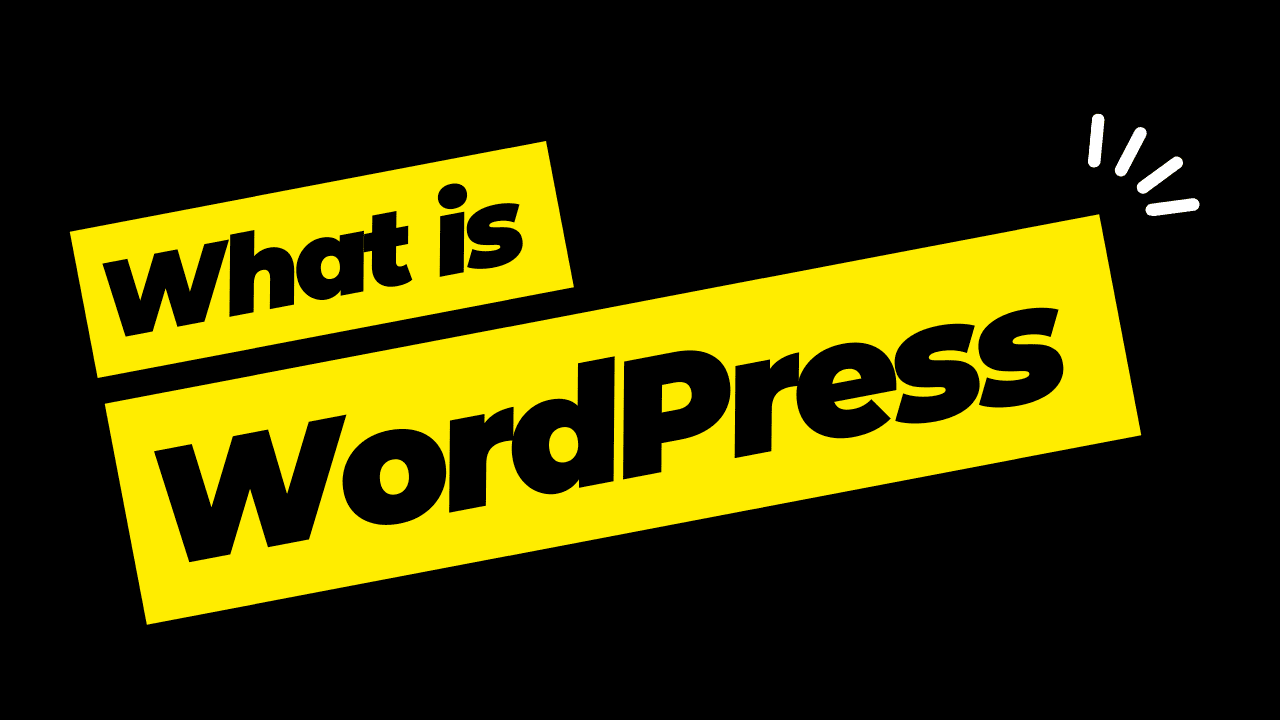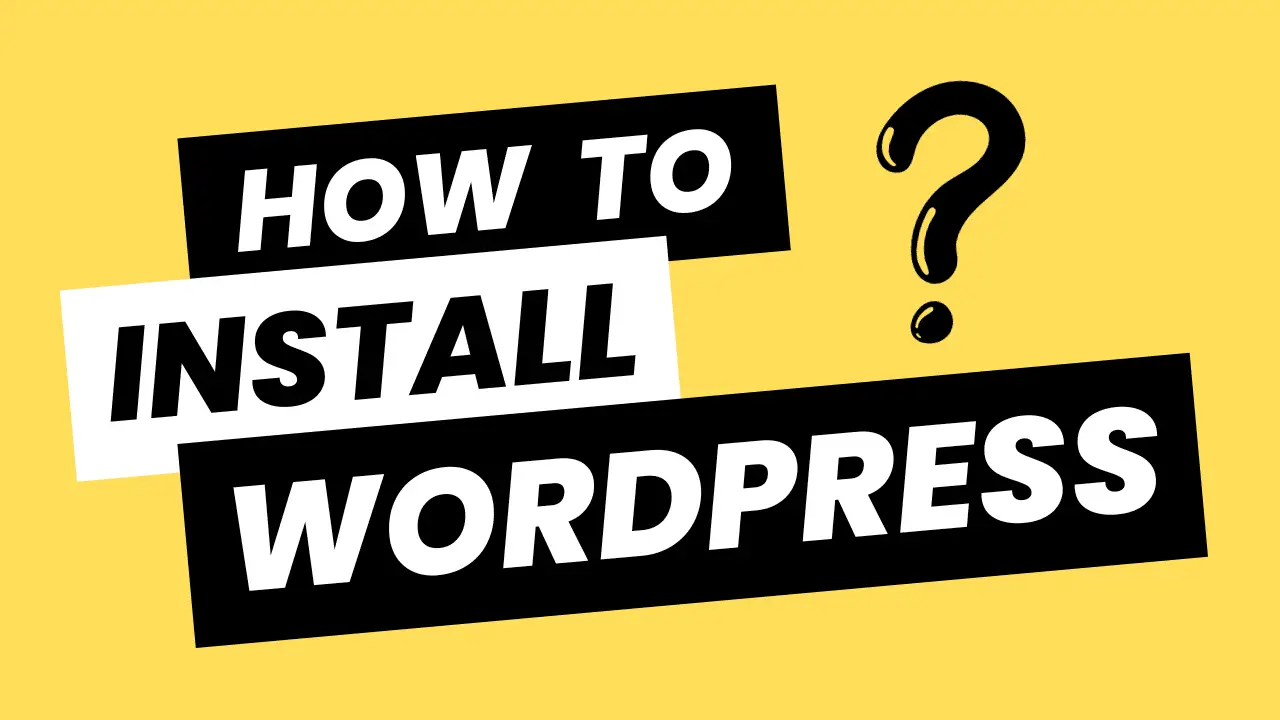What Is WordPress
WordPress is a popular open-source content management system (CMS) and website creation tool. It is used by millions of websites worldwide and is known for its flexibility, ease of use, and extensive plugin ecosystem.
WordPress allows individuals and organizations to create and manage websites and blogs without requiring in-depth technical knowledge.
Here are some key details about WordPress:
- Open Source Platform:
WordPress is an open-source software, which means its source code is freely available for anyone to use, modify, and distribute. This fosters a large community of developers and contributors who continuously improve the platform. Content Management System (CMS):
WordPress was initially designed as a blogging platform but has evolved into a versatile CMS. It enables users to create various types of websites, including blogs, e-commerce stores, portfolios, forums, business websites, and more.Themes and Templates:
WordPress offers a wide range of pre-designed themes and templates that control the overall appearance of a website. Users can choose from thousands of free and premium themes, or they can create custom designs.Plugins for Functionality:
Plugins are add-ons that extend the functionality of WordPress. They allow users to add features, improve performance, enhance security, and integrate with third-party services. There are thousands of plugins available for different purposes.User-Friendly Interface:
WordPress has an intuitive dashboard that makes it easy for users to manage content, add new pages or posts, upload media, and customize their website. It doesn’t require extensive technical knowledge.Media Management:
WordPress provides a built-in media library for managing images, videos, audio files, and documents. Users can upload, edit, and organize media files directly from the dashboard.Search Engine Optimization (SEO):
WordPress is designed with SEO-friendly features, such as clean and semantic code, customizable permalinks, and options for meta tags and descriptions. Additionally, there are numerous SEO plugins available to optimize content for search engines.Community and Support:
There is a large and active WordPress community around the world. Users can find help, tutorials, forums, and documentation to assist them with any issues they encounter.Customization and Flexibility:
WordPress allows for extensive customization. Users can create custom post types, taxonomies, and fields, enabling them to structure content in unique ways. Developers can also build custom themes and plugins to meet specific requirements.- User Management:
WordPress allows you to control user access and permissions. You can assign different roles to users, such as administrator, editor, author, and subscriber, each with varying levels of access and editing capabilities.
Examples:
Blogs: Many personal and professional bloggers use WordPress to create and manage their blogs. For example, websites like TechCrunch, The New Yorker, and BBC America’s blog section are all powered by WordPress.
E-commerce Stores: WordPress can be used in conjunction with e-commerce plugins like WooCommerce to create online stores. For instance, the website for the popular clothing brand Allbirds is built on WordPress with WooCommerce integration.
Business Websites: Countless businesses use WordPress to build their websites. For example, The Walt Disney Company’s official blog and website is powered by WordPress.
Portfolio Websites: Artists, photographers, designers, and other creatives often use WordPress to showcase their work. An example is the portfolio website of designer Tobias van Schneider.
Educational Websites: Educational institutions, such as the Harvard Law Review, use WordPress to manage their content and provide resources to students and the public.
Overall, WordPress is a versatile platform that empowers users to create a wide range of websites, from simple blogs to complex e-commerce stores, with relative ease and efficiency. Its robust ecosystem of themes, plugins, and a supportive community makes it a go-to choice for many website creators.


